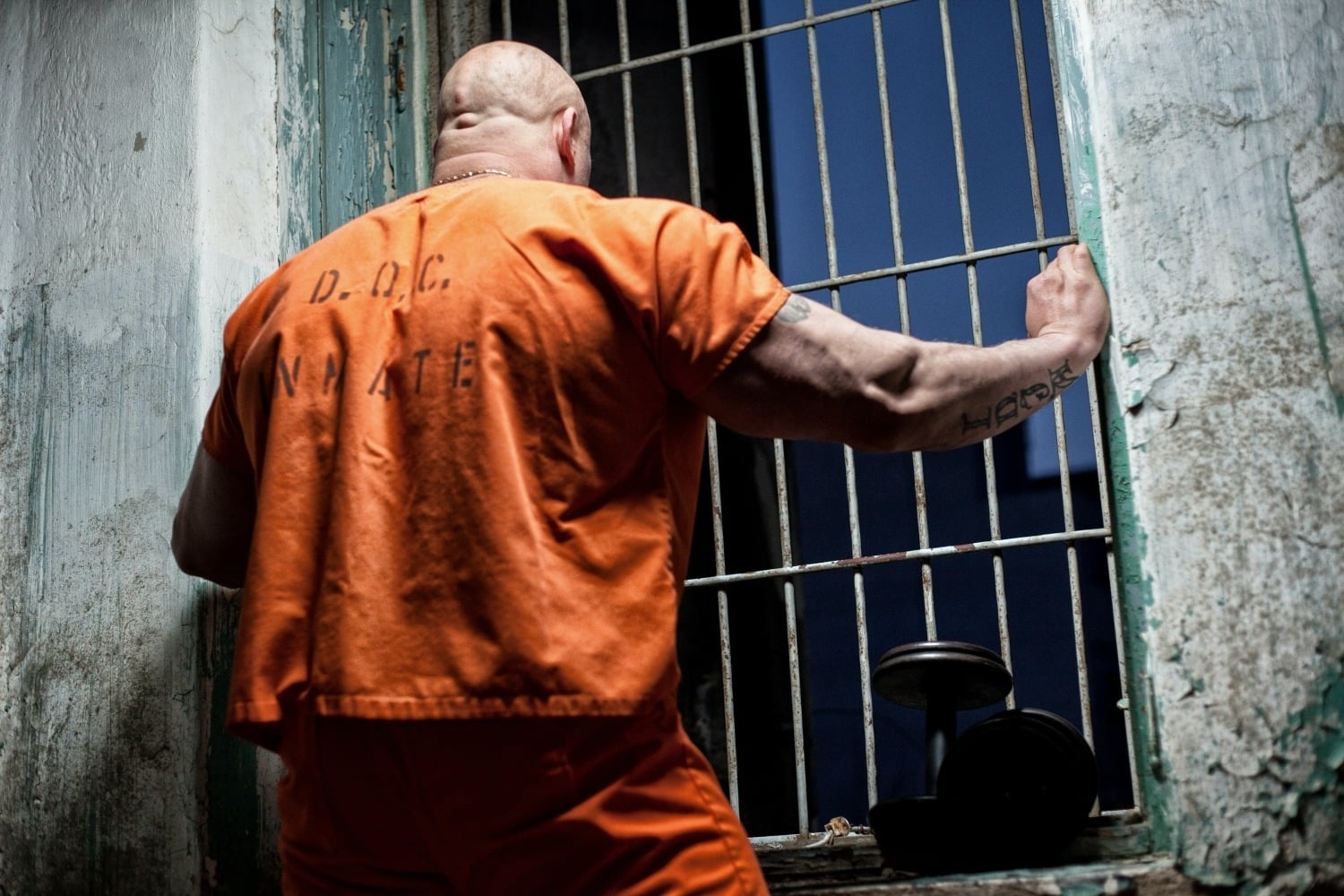What is the Right to a Speedy Trial Under the 6th Amendment?

Under Maryland law, which necessarily includes the rights guaranteed by the U.S. Constitution, a defendant charged with a crime enjoys two distinct “speedy trial” rights. One is based on the 6th Amendment which provides:
“In all criminal prosecutions, the accused shall enjoy the right to a speedy and public trial….”
The other is found in the Maryland Code, and is commonly referred to the as the “Hicks” rule. The Constitutional right to a speedy trial is the focus of this article.
Attorney Eric T. Kirk says the U.S. Supreme Court has ruled that, whether an accused’s constitutional right to a speedy trial has been abridged must be determined on a case by case basis, and decided based on a consideration of four factors:
- length of delay
- reason for the delay
- the defendant’s assertion of his right, and
- prejudice to the defendant
–Barker v. Wingo, 407 U.S. 514 (1972)
So, there must have been some level of delay, or there would be no “speedy trial” analysis to begin. There is no set time frame, however, under this constitutional analysis. While the absence of prejudice to the defendant is not dispositive, under current law, and all factors are to be weighed, the inability to show prejudice from the delay can derail many speedy trial claims. It is possible that an extremely long delay can create a presumption of prejudice. Doggett v. United States, 505 U.S. 647 (1992) (8 1/2 years). On the surface, it would make some degree of sense that a person being detained pretrial, and waiting trial, most certainly wants to be brought to trial as quickly as possible. That might not always be true. In fact, the U.S. Supreme Court has noted “the inability of courts to provide a prompt trial has contributed to a large backlog of cases in urban courts which, among other things, enables defendants to negotiate more effectively for pleas of guilty to lesser offenses and otherwise manipulate the system.” Wingo, supra. A defendant leveraging the State’s inability to quickly try cases, in their favor, is one example of someone who might not necessarily want to be brought to trial promptly.
Indeed, the speedy trial right in the U.S. Constitution has some counterintuitive aspects. On the one hand, the idea that a person would be held for years by a lazy or disinterested government until they are brought to trial offends concepts of justice and fundamental fair dealing. Anyone would agree that person’s “rights” have been violated. The Amendment, however, deals with more than just the rights of an individual. The Supreme Court has noted that the people, generally, also have a strong interest in having cases brought promptly to trial. If cases are not quickly tried, the Wingo court noted that society also suffers a multitude of potential harms, including:
- “a large backlog of cases in urban courts” is likely
- “persons released on bond for lengthy periods awaiting trial have an opportunity to commit other crimes.”
- “the longer an accused is free awaiting trial, the more tempting becomes his opportunity to jump bail and escape. “
- “delay between arrest and punishment may have a detrimental effect on rehabilitation.”
- “rehabilitation of the individual offender [becomes] much more difficult.”
- “the result may even be violent rioting.”
- “lengthy pretrial detention is costly. “



